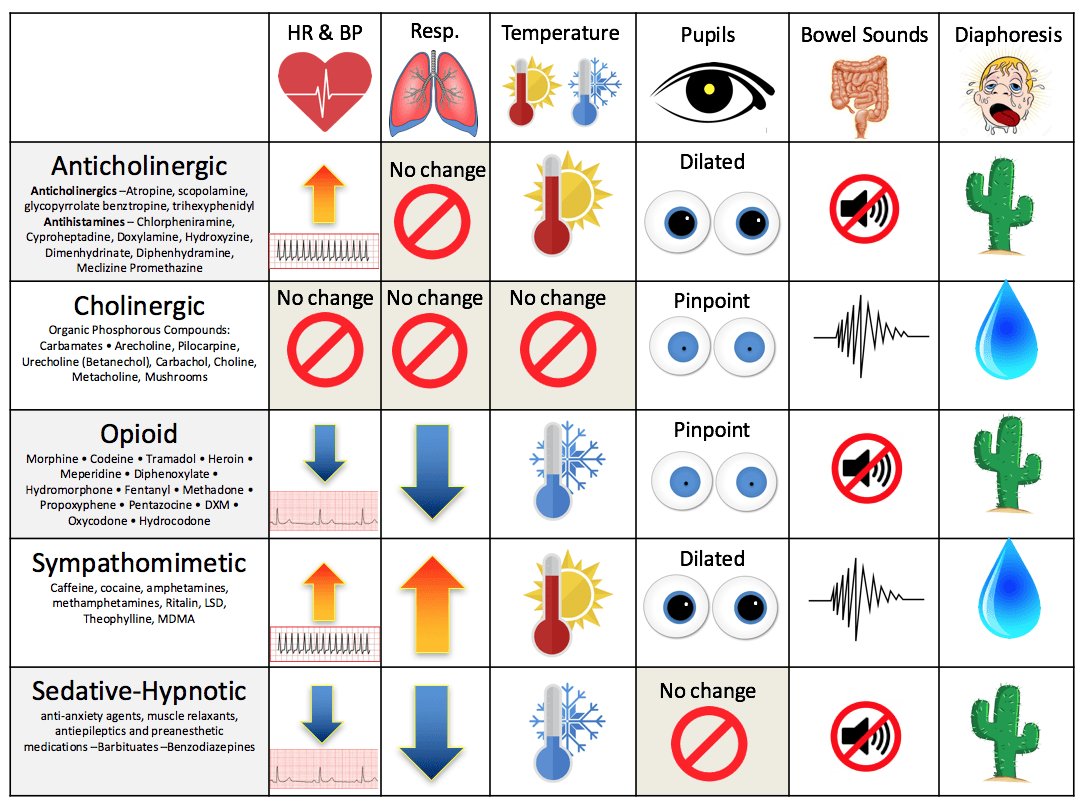
The plasma level of benzodiazepines was 1,772 μg/l. On the fourth day after admission, the patient was unresponsive, with no attempt to breath spontaneously.

Following deterioration of the patient's clinical condition, including unconsciousness, hypoventilation, and decreased SpO2 (88%), the patient was intubated and mechanically ventilated. Repeated doses of flumazenil were without effect on consciousness.

Blood and urine samples revealed high benzodiazepine levels. Here we present the first report on the enhanced elimination (clearance) of diazepam using the Molecular Adsorbents Recirculating System (MARS) following autointoxication with an extremely high dose as part of a suicide attempt.Ĭase: A 44-year-old male patient was admitted to the ICU because of impaired consciousness following the ingestion of 20 g of diazepam. Nevertheless, the management of intoxication caused by extremely high doses of diazepam is not known, as well as the effectiveness of flumazenil, a specific benzodiazepine (BDZ) antagonist. Objective: Due to the extensive use of diazepam worldwide, self-induced intoxication is very common, yet rarely fatal. The main treatment of benzodiazepine toxicity is conservative with administration of activated charcoal, monitoring of the vital signs, prevention of aspiration and development of deep vein thrombosis due to prolonged immobilization, and respiratory support. We recommend slow administration of low doses of flumazenil (0.1mg/minute) to avoid complications or withhold the administration with development of first signs of adverse effects. In case a decision has been made to administer flumazenil, careful consideration of the possible contraindications is essential. The cost to benefit ratio should be considered in every single patient who is a candidate for flumazenil administration. We conducted a literature search using PubMed, Google Scholar, EMBASE, and Cochrane central register from 1 January 1980 to 10 November 2021 using key words "benzodiazepine", "poisoning", "toxicity", "intoxication", and "treatment".Ĭareful patient selection, ideally by a clinical toxicologist, may decrease the complications of flumazenil and add to its efficacy.

The aim of this review is to evaluate all possible treatment options available in the literature for the management of benzodiazepine poisoning with special attention to antidote administration. Although not a potentially life-threatening poisoning, benzodiazepine (BZD) intoxication may be life-threatening in special situations/populations or those with background diseases.


 0 kommentar(er)
0 kommentar(er)
